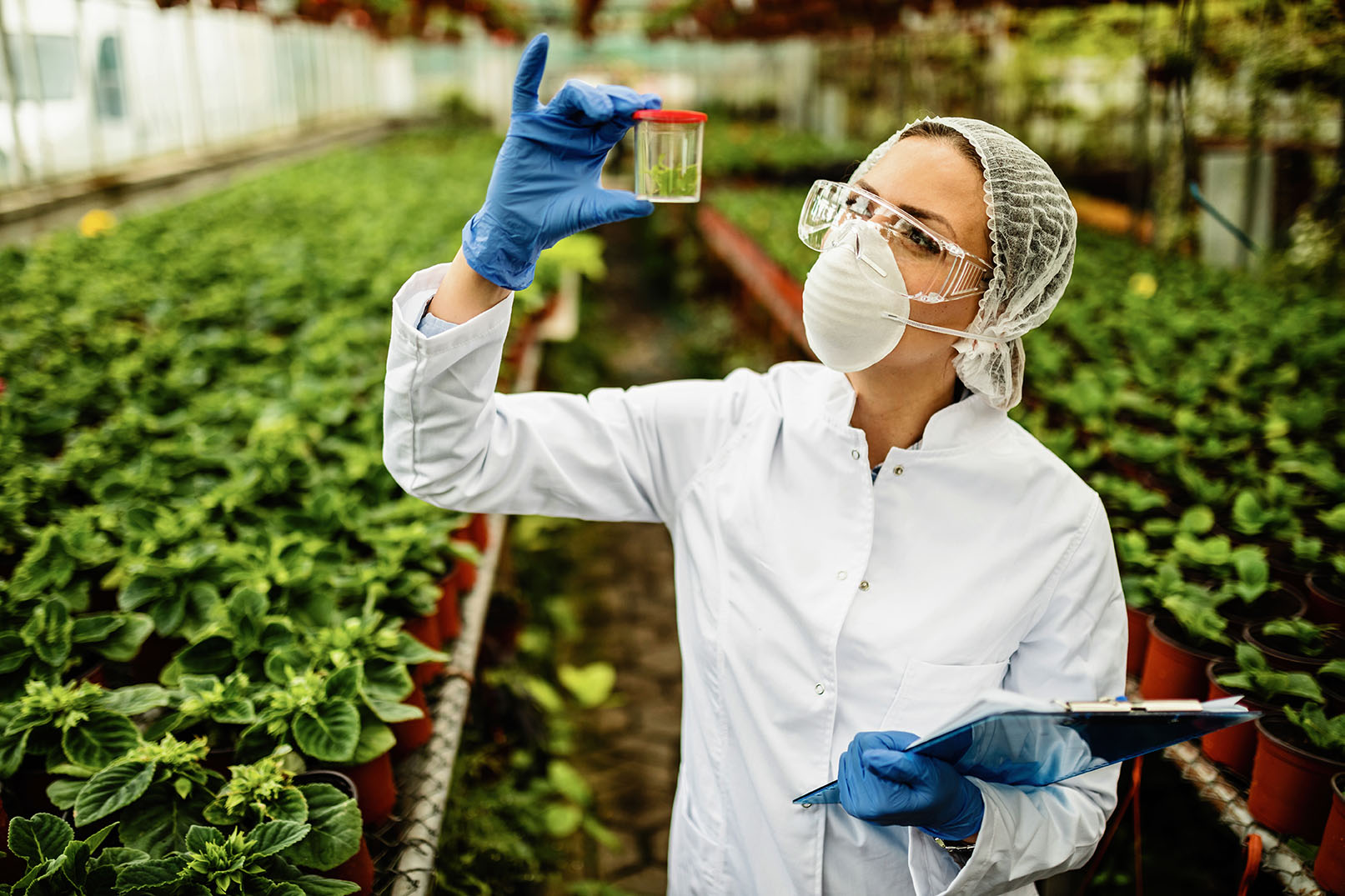

Control is a variable that is kept constant in an experiment so that the effects of other variables can be studied.
For example, if you are testing the effects of different types of fertilizer on plant growth, you might control the amount of water that the plants receive.
This would allow you to see how the different types of fertilizer affect plant growth, without the confounding factor of water availability.
The patient is under the control of a medication.

Noun: control (plural: controls).
Verb: to control.
Adjective: controlling.
controlled.
Adverb: controllably.
The word "control" comes from the Latin word "controllare," which means "to check" or "to restrain." It is made up of the prefix "con-," which means "together," and the verb "tollere," which means "to bear" or "to support.".
Why is a control important?
Question:
What does the term "control" mean in a scientific experiment, and why is it important to have a control group?
Answer:
The term "control" in a scientific experiment refers to the standard against which results are compared. A control group serves as a baseline, receiving no experimental treatment, and is used for comparison to assess the effects of the independent variable on the experimental group. Having a control group is crucial as it helps researchers isolate and identify the specific impact of the independent variable, ensuring the validity and reliability of the experiment's results.
Address
Developing Experts Limited
Exchange Street Buildings
35-37 Exchange Street
Norwich
NR2 1DP
UK
Phone
01603 273515
Email
hello@developingexperts.com
Copyright 2025 Developing Experts, All rights reserved.